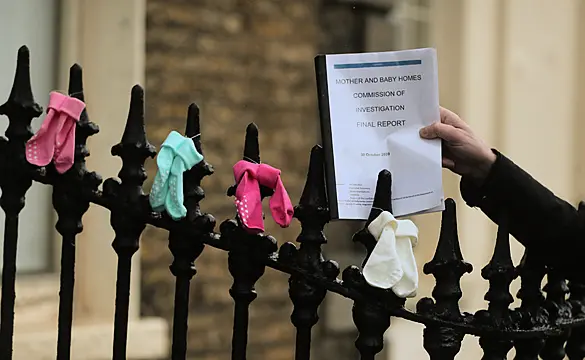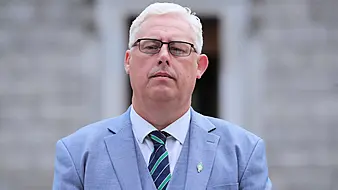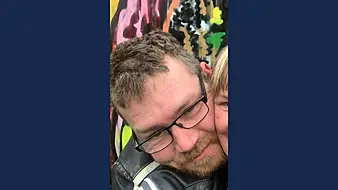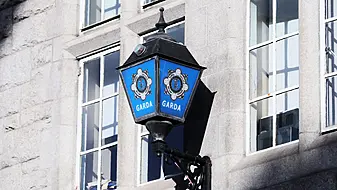The Oireachtas Children’s committee has issued an invitation to the members of the Mother and Baby Home Commission of Investigation to appear before it.
The joint committee issued the invitation for members to appear so it could question the commission about its work in compiling the report into Ireland's mother and baby homes.
The chair of the committee, Kathleen Funchion, confirmed earlier on Friday that the committee will invite the commission members.
It comes days after Tánaiste Leo Varadkar called on the members to explain its findings to survivors and the Oireachtas “without delay”.
One of the commissioners, Professor Mary Daly, provoked anger on Wednesday when she discussed the report at an online history event organised by Oxford’s Hertford College.
Prior to that, none of the commissioners had discussed the findings in public, despite requests by the Oireachtas Children’s Committee for chairperson Judge Yvonne Murphy to appear before it.
Discounted testimonies
Prof Daly defended the report’s findings at the Oxford event, but admitted the commission discounted the testimony of hundreds of survivors because it was given in private.
Prof Daly’s comments sparked criticism among campaigners, survivors and politicians.
Children’s Minister Roderic O’Gorman has also backed calls for the commission members to appear before the Oireachtas committee.
Ms Funchion said on Friday that committee members just want the commissioners to answer their questions.
She said that committee members have felt “frustrated and angry” that they previously turned down an invitation to speak before an Oireachtas committee.
She told RTÉ that it was “insulting and upsetting” for one of the commissioners to then speak in an online event about their work.
Mortality and misogyny
The report, published in January, found that the religious institutions for unmarried women who got pregnant produced high levels of infant mortality and misogyny.

Many mother and baby homes were run by Catholic nuns.
Taoiseach Micheál Martin apologised for the “profound generational wrong” experienced by survivors of the homes for unmarried mothers and their children following its publication.
Women suffered emotional abuse and were often subject to denigration and derogatory remarks, the report said.







